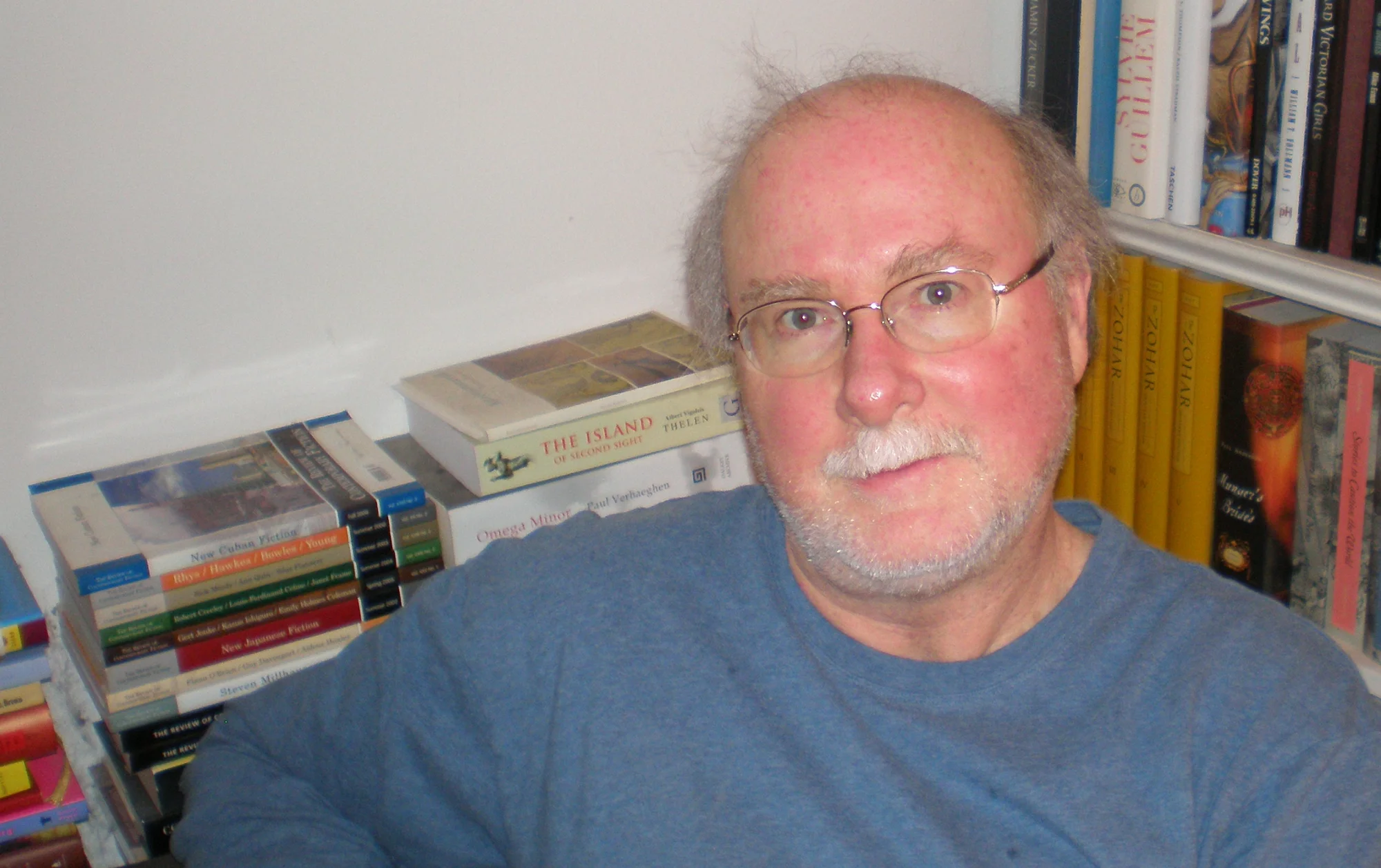A feature by Sydney Boyd
To achieve this kind of intermedia voyage, it matters where you sit during Tutschku’s concerts. When I first walked into the theater and sat in the front row, Tutschku quietly approached and encouraged me toward the center of the room, gesturing at the circular positioning of the speakers. His advice quickly made sense: his music is remarkably attuned to its environments. It moves with space and bodies in mind, as his 2011 work Klaviersammlung, which opened this first program, succinctly demonstrated. Comprising recordings Tutschku made of ancient pianos that whir around an audience through sixteen channels placed throughout the theater, the piece transports you inside the body of an old instrument where you feel the hammers press and the strings pull, and the grain of the wood scratches along your cheek.
A feature by Ivan Ilić
I’ve come to the conclusion that the closer you get to big cities, the more you realize that the intelligentsia there is rigid, jaded. Living in Paris or in New York is like having a passport for stupidity. New York is no different than Paris; New York has its own pride. The people are from New York, they are New York, which they would like to believe can’t be bad. I just came from Great Britain, I spent three weeks there. I left from Scotland. Their audiences are informed; they knew my music. Then, I went down, down, closer and closer to London. Cambridge? Stupid! That’s why it’s best to stay away from the big cities; too many things, too many stupid things …
A feature by Declan O'Driscoll
The following interview was conducted for the occasion of Music & Literature No. 4, which includes some 80 pages of new interviews, graphic scores, poems, appreciations, and other writings on and by the musical duo Maya Homburger and Barry Guy . . .
A feature by Jeff Bursey
Scholar, editor, and literary historian Steven Moore has gained notoriety as the preeminent explicator of William Gaddis’s fiction. A tireless champion of maximalist and so-called “experimental” fiction, Moore has helped to publish and edit works by David Markson, Joseph McElroy, Rikki Ducornet, Alexander Theroux, and David Foster Wallace, among many others. In 2004, Moore embarked on the ambitious, multi-volume The Novel: An Alternative History, the second volume of which was released this past summer. The project, nearly a decade in the making, is as much an effort to reconceptualize the contemporary definition of the novel form as it is an attempt to revolutionize the manner in which we discuss fiction. On a hiatus from writing, Moore reflects on his own early development and the project that has changed his life with fiction writer and literary critic Jeff Bursey.





